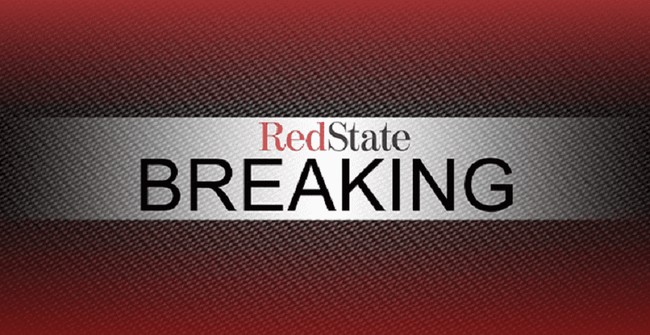Escalation in Middle East: Iran, Israel, and Hezbollah
Biden opposes Israeli strikes on Iranian nuclear sites. Hezbollah and Israel's conflicts intensify. Learn about the military assets of Iran and Israel.
Published October 04, 2024 - 00:10am

Image recovered from lavoz.com.ar
The atmosphere in the Middle East remains tense as the conflict involving Israel, Iran, and Hezbollah intensifies. U.S. President Joe Biden has voiced his opposition to Israeli strikes on Tehran's nuclear facilities in retaliation for the recent missile salvo launched by Iran against Israel. This response comes amidst a broader geopolitical turmoil where global powers are aligning and calibrating their responses to avoid a broader regional war.
In recent developments, Hezbollah's leader Hassan Nasrallah was reportedly in favor of a ceasefire with Israel just before his death. Lebanese Foreign Minister disclosed that Nasrallah had conceded to a truce, recognizing the significant loss ensuing from continuous Israeli airstrikes. The conflict has resulted in more than 700 casualties in Lebanon, predominantly civilians, and has further displaced over a million people. The situation in Lebanon marks one of the deadliest periods in recent history, with the United Nations warning of a humanitarian catastrophe.
Meanwhile, the arsenal strength of Iran and Israel has been a key focus. Iran and Israel do not share a land border, which implies that any confrontation between them would be aerial or missile-based. Recent attacks saw Iran launching 200 ballistic missiles toward Israel, primarily targeting Tel Aviv. While the Israeli defense system mitigated significant damage, the weaponry capabilities of both nations have been brought into sharp relief.
Israel's advanced military technology, largely owing to support from the United States, contrasts starkly with Iran's substantial but antiquated arsenal. Israel's fleet boasts modern aircraft like the F-35, built and supplied by the U.S., while Iran relies on older models from the Soviet era. Despite international sanctions, Iran has developed a robust missile program, including drones used in recent attacks on Israel.
The military budget and troop strength of both nations also highlight strategic imbalances. Iran, with a military budget of $44 billion and over 600,000 active personnel, has a more extensive array of artillery and missile systems. Conversely, Israel's annual military budget stands at $19.4 billion with a smaller active duty force, but highly advanced defense systems including Iron Dome, Arrow, and David's Sling, which are critical in intercepting incoming threats. The destructive potential of Iran's Shahed-136 and Israel's Jericho 2 missiles, both capable of carrying nuclear warheads, underscores the high stakes.
Hezbollah, backed by Iran, continues to pose a significant threat to Israel's Northern border. Following Israel's targeted airstrikes on Hezbollah positions near Beirut, clashes have escalated. Notably, on October 2, Hezbollah confirmed skirmishes with Israeli ground forces attempting to penetrate southern Lebanon. Such confrontations underline the volatile security dynamics currently at play.
U.N. bodies, along with several Western nations, have called for de-escalation. President Biden has underscored the need for restraint, aligning with sentiments expressed by key international leaders to avert broader combat. Despite the mounting escalation, diplomatic channels remain in flux as efforts for a ceasefire and peaceful resolution continue, albeit with substantial challenges ahead.
The crisis's global implications are illustrated by the reaction of the Group of Seven (G7) nations who have coordinated new sanctions against Iran and condemned the aggressive posturing. The Middle East's stability is critical to global economic dynamics, with fears that prolonged conflict could disrupt key energy supplies and amplify geopolitical rifts.
The evolving scenario underscores the balance of power and the tense interplay between regional entities and global superpowers. As Lebanon withstands significant humanitarian crises, and Israel fortifies its positions, the international community's diplomatic interventions will be crucial in navigating towards peace. The dichotomy between military might and human suffering remains a poignant reminder of the dire need for lasting resolutions in this conflict-ridden region.







